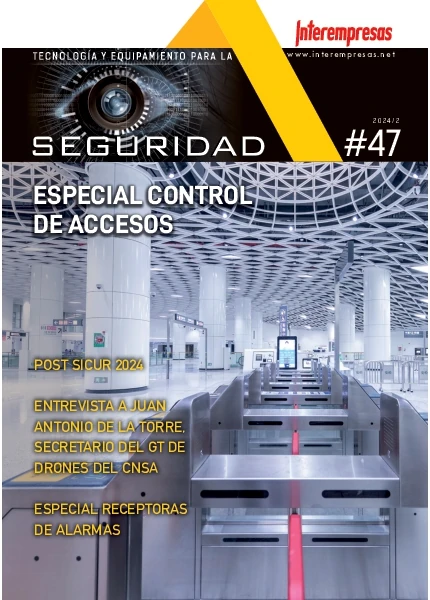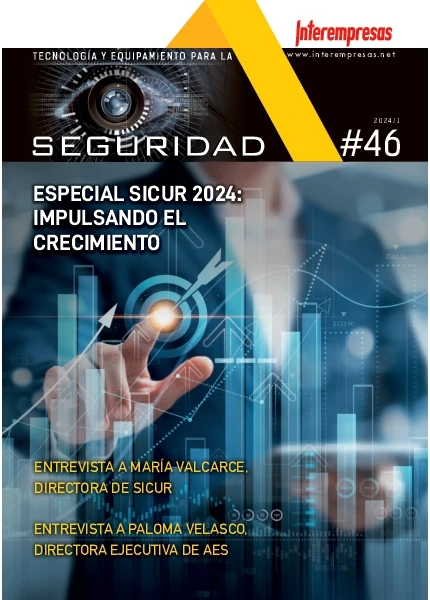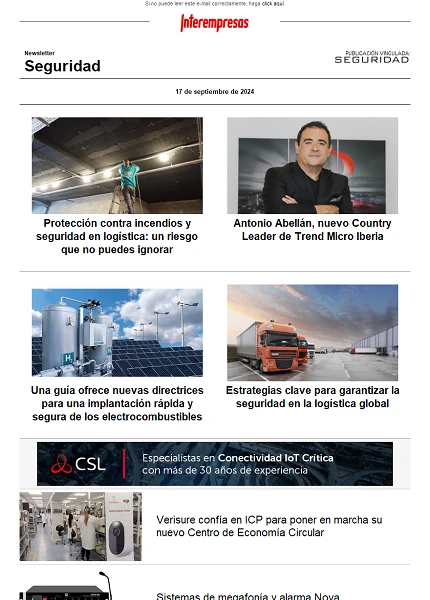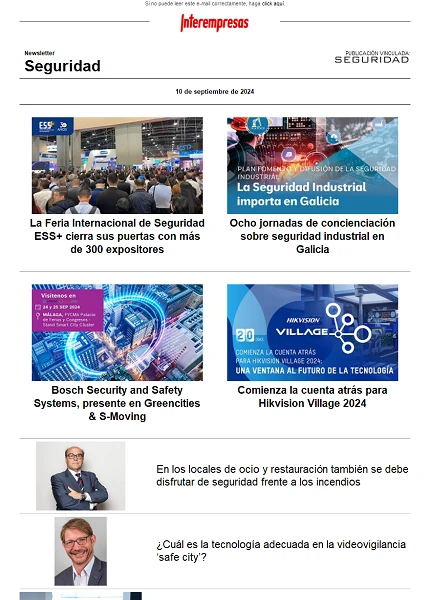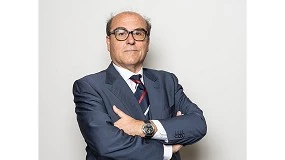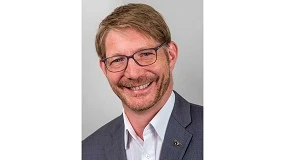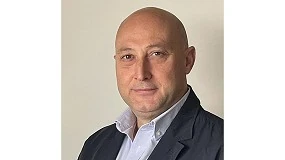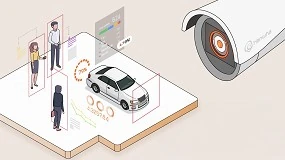Interview with Mikel Saez de Buruaga, Product Manager of the Division of safety of Sick Optic Electronic
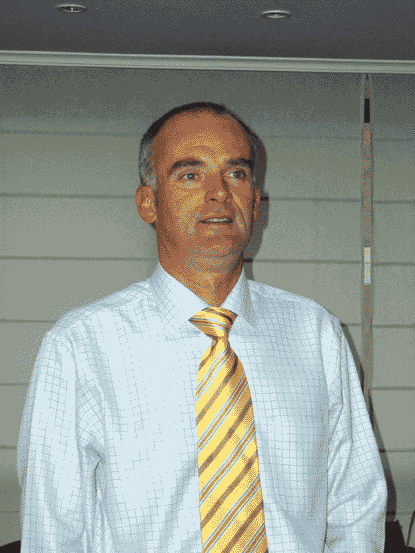
Security is a very generic term and on which the media often reported. How do you value the importance given by the machine tool sector security?
The unfinished, resides in users who purchased machines prior to the year 95 and that the directive's "Adequacy of work teams" are required, be "appropriate to minimum levels of security".
You will have many stories, many situations of real "contempt" of security...
These were the beginnings, rather more difficult than now, but in some sectors still hard to convince who curiously, it is the biggest beneficiary, the operator of the machine, the correct use of safety devices.
How you came into this sector? You were companies of similar activities?
And, since you did you start to get in the security sector until our times, would have changed many things?
It is also important to comment on the increased amounts of manufactured equipment, that significantly reduce prices. Approximately 20 years, Sick went to the market the first safety curtain with laser technology. You can imagine the readers the costs that could result in this product, at that time.
There are still accidents, even with machine tools that incorporate security devices?
I usually put the simile of the safety belt in the car. It's uncomfortable when pressed by the heat in summer, but it will be that most likely will save us in the event of collision. What needs to be done is that this belt disturb as little as possible without losing its effectiveness, and this is what you get Sick: meet the highest security requirements without hindering the production.
It can be assumed that, given that security is a factor which does receive increasing attention, a business as the Division 02 of Sick is to go a good way to go. How finished its Division in 2003 and what prospects there are for this year 2004?
But it is not easy to maintain high growth rates. Let us not forget that the market share of Sick in this sector has always been very high, which is due to the innovation that is carried out from Germany and the adaptation to the different needs the work together with our subsidiaries provide.
To specify a bit, what products are exactly which includes this Division?
This constant innovation is a very important fact that explains to a large extent our market share. The company is accredited by the norm DIN EN 45004, allowing you to carry out inspection in machines and what sets us apart from many other companies who can not do it.
Who usually demand the incorporation of safety barriers or other devices? It is the own machine builder who wants to give a complete solution or are the end users?
Turning to the second part of the question, are the manufacturers which absorb much of our work. As we esbozábamos previously, Builder of machines, usually has clear what must be done to engage in serious offences with regard to the security on their machines. Perhaps to some small manufacturers that the type of machine that manufactured or the small local market in which operate or even the low cost of the equipment manufacturing, they will be part of the path of the security to go.
Users of machines, each day are more aware of the social and economic costs of 'non-security'.
During the year 2002 these economic costs "declared", amounted to nearly 12 billion euros, equivalent to 1.7% of GDP and accounted for the loss of more than 21.5 million working days. Since then, data nothing despicable.
It is likely, moreover, that legislation in this regard are very strict...
It is also true that the bodies responsible for verifying that these directives and standards are met, have needed some time to adapt and learn about the details of the new legislation.
But to give an idea of the follow-up of the accidents in our country, I will only give a figure: in my previous answer fijábamos the cost of the "no security" during the year 2002 in 12,000 million euros. However, the sanctions imposed by the Labour Inspectorate during the same period of time, amount to 103 million euros.
It requires more the sense of responsibility or the law?
We have made substantial progress with regard to only 5 years ago, when many manufacturers were only really safe machines for export to the North of Europe. The buyer of machines has also assumed that the assurances should be something intrinsic to their machines, but arguably, it is still much to do.
While this situation persists, the fact of being leaders in industrial safety at European and global level and with more than 25 years of experience in these sectors make us be always prepared to cooperate with all companies applying for our services.


